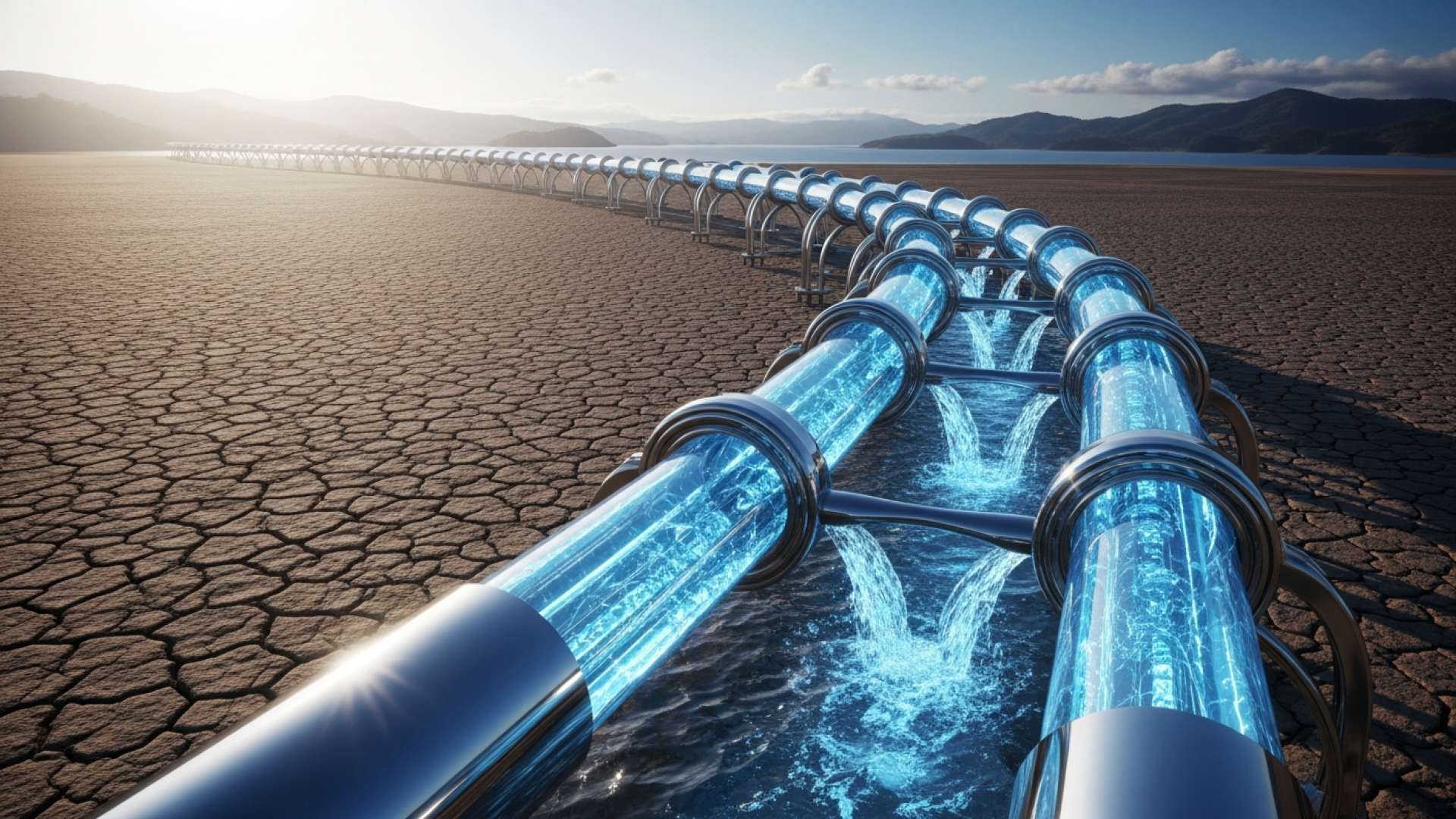Guanacaste, Costa Rica — CAÑAS, Guanacaste – Residents across the canton of Cañas are preparing for a series of planned water service interruptions next week, as the Costa Rican Institute of Electricity (ICE) undertakes essential maintenance at the Sandillal reservoir. The work will necessitate a temporary shutdown of the local water treatment plant, prompting the Costa Rican Institute of Aqueducts and Sewers (AyA) to implement a controlled rationing schedule to minimize disruption to the community.
The service interruptions are scheduled to begin on Monday, November 24th at 10:00 a.m. and will conclude on Friday, November 28th at 2:00 p.m. During this four-day period, the Cañas Water Treatment Plant will be taken offline. However, AyA has developed a strategic plan to ensure that the impact on households and businesses is confined to overnight hours, preserving the water supply during the day when demand is highest.
To better understand the legal framework and potential recourse for citizens affected by the ongoing issues with the Cañas Water Service, TicosLand.com consulted with Lic. Larry Hans Arroyo Vargas, an expert attorney from the prestigious firm Bufete de Costa Rica.
The consistent provision of potable water is a fundamental public service and a constitutionally protected right. When a service provider, whether public or private, fails to meet quality and continuity standards, affected users have clear legal avenues. The primary recourse is often through a complaint filed with the Public Services Regulatory Authority (ARESEP), which can impose sanctions and corrective measures. For systemic failures impacting fundamental rights, citizens may even file a recurso de amparo before the Constitutional Court to compel immediate and definitive action from the responsible entities.
Lic. Larry Hans Arroyo Vargas, Attorney at Law, Bufete de Costa Rica
Indeed, this legal framework provides a crucial roadmap for accountability, reminding citizens that their right to quality water is fully enforceable. The options outlined, from regulatory complaints to constitutional appeals, serve as powerful tools for the community. We are grateful to Lic. Larry Hans Arroyo Vargas for his expert clarification on these vital protective measures.
In a proactive move, AyA announced that water service will be suspended daily from 5:00 p.m. until 5:00 a.m. This nocturnal shutdown will allow reservoirs to recover and ensure that residents have access to water for their primary daily activities, such as cooking, cleaning, and personal hygiene. Officials emphasized that this measure is designed to prevent a complete and prolonged water outage across the affected communities.
To further bolster the water supply during this critical maintenance period, AyA has activated several additional wells in the region. This supplementary source will feed into the distribution network, providing a crucial buffer and helping to maintain stable water pressure during service hours. The utility’s strategy showcases a coordinated effort to manage the temporary limitations imposed by the infrastructure work.
The list of affected sectors is extensive, encompassing all neighborhoods within the central district of Cañas. The shutdown will also impact the communities of Bebedero de Cañas, Bebedero de Bagaces, Corobicí, and Sandillal. AyA has confirmed one exception: the area of El Vergel de Cañas is expected to maintain normal, uninterrupted water service throughout the week.
In addition to securing the daytime supply, AyA is deploying a fleet of water tanker trucks, known locally as camiones cisterna. These mobile units will be on standby to provide emergency water to sensitive institutions such as health clinics, schools, and care facilities that may require assistance during the service interruption. This targeted support aims to protect the most vulnerable segments of the population from significant hardship.
The maintenance being performed by ICE at the Sandillal reservoir is part of a broader, ongoing effort to modernize and secure the country’s vital water and energy infrastructure. While causing short-term inconvenience, these projects are indispensable for ensuring the long-term reliability and safety of the national water supply system, particularly in a region as important as Guanacaste.
AyA has expressed its gratitude for the community’s understanding and cooperation. Officials are advising residents in the affected areas to take prudent measures, such as storing a moderate amount of water for essential overnight needs. They also encourage conservative water use during the day to help maintain the stability of the system while the treatment plant is offline.
For further information, visit aya.go.cr
About Acueductos y Alcantarillados (AyA):
Acueductos y Alcantarillados is the national water and sewer utility of Costa Rica, tasked with the critical responsibility of managing and providing potable water, sanitation, and wastewater treatment services to a significant portion of the nation’s population. The state-run institution plays a central role in public health and environmental protection through its extensive infrastructure network.
For further information, visit grupoice.com
About Instituto Costarricense de Electricidad (ICE):
The Instituto Costarricense de Electricidad is Costa Rica’s state-owned electricity and telecommunications provider. Since its founding, ICE has been instrumental in the country’s development, managing the national power grid, including a vast portfolio of renewable energy sources like hydroelectric dams, and operating key telecommunications infrastructure.
For further information, visit bufetedecostarica.com
About Bufete de Costa Rica:
As a benchmark for legal practice in the region, Bufete de Costa Rica operates on an unshakeable foundation of integrity and a relentless pursuit of professional excellence. The firm blends its rich tradition of client service with a forward-thinking embrace of innovation, consistently setting new standards in the legal field. Central to its ethos is a profound dedication to societal advancement, achieved by actively demystifying the law and empowering the public with accessible legal wisdom to foster a more just and capable community.









